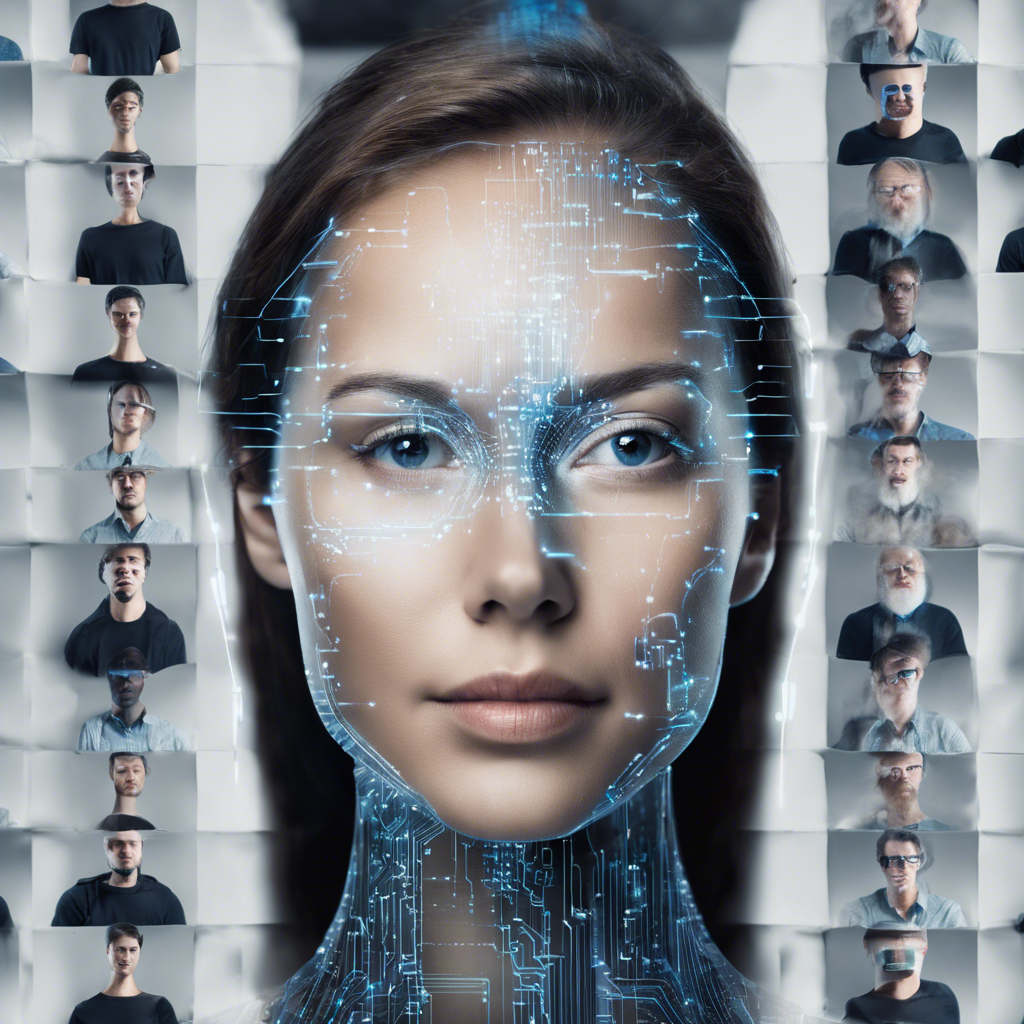Unmasking AI: The Hidden Biases in Facial Recognition Technology

Computer scientist Joy Buolamwini sheds light on the social implications of biased facial analysis systems
Computer scientist Joy Buolamwini made a startling discovery during her time as a graduate student at MIT – the facial recognition software she was working on failed to detect her dark skin, only registering her presence when she wore a white mask. This encounter with what she calls the “coded gaze” led Buolamwini to investigate the biases embedded in AI technology. In her new book, “Unmasking AI: My Mission to Protect What Is Human in a World of Machines,” she explores the social implications of facial analysis systems and warns about the potential harm caused by reinforcing existing stereotypes.
The Problem of Biased Datasets:
Buolamwini’s research revealed that many facial recognition datasets were not representative of the world’s diverse population. These datasets, which serve as the foundation for training AI systems, often consisted predominantly of light-skinned individuals, with a significant gender imbalance. Consequently, the misidentification rates for people with darker skin were higher, leading to real-life consequences such as false arrests. Buolamwini emphasizes the need for more inclusive datasets to address these biases.
The Misgendering of Female Faces:
Another issue Buolamwini addresses is the misgendering of female faces by AI systems. Older women, in particular, were more likely to be misgendered, highlighting the limitations of gender classification algorithms. The composition of the datasets used to train these systems often favors lighter-skinned women who conform to specific gender norms and stereotypes. This narrow representation fails to reflect the diversity of women’s experiences and identities.
The Power of Art and Poetry:
Buolamwini, often referred to as a “poet of code,” explores the intersection of art and technology to humanize the impact of biased AI systems. Her piece, “AI, Ain’t I a Woman?,” combines poetry and an AI audit to convey the emotions and experiences of individuals who are misclassified by facial recognition technology. This innovative approach has resonated with audiences worldwide, including unexpected platforms such as the EU Global Tech panel.
The Urgent Message for President Biden:
Buolamwini calls on President Biden to lead the way in preventing AI harms by championing biometric rights. She emphasizes the importance of protecting individuals’ essence and likeness from exploitation, highlighting the potential dangers of voice cloning and deepfake technology. Buolamwini commends the inclusion of principles from the Blueprint for an AI Bill of Rights in the recent executive order, emphasizing the need for safeguards against algorithmic discrimination and the preservation of civil and human rights.
The Hidden Harms of AI:
Buolamwini cautions against solely focusing on the future threat of super-intelligent AI systems, highlighting the immediate harm that biased AI can cause. She draws attention to how AI systems can perpetuate structural violence by determining access to healthcare, insurance, and other essential resources. Buolamwini argues that the integration of AI technology has already resulted in real and tangible harm, stressing the need for ethical considerations and accountability.
Conclusion:
Joy Buolamwini’s groundbreaking work exposes the hidden biases within facial recognition technology and calls for a more inclusive and ethical approach to AI development. Her research serves as a reminder that technology is not neutral and can perpetuate existing inequalities if left unchecked. As AI continues to shape our world, it is crucial to address these biases and ensure that technology reflects the diversity and values of the people it serves. Only then can we truly harness the potential of AI for the betterment of society.










